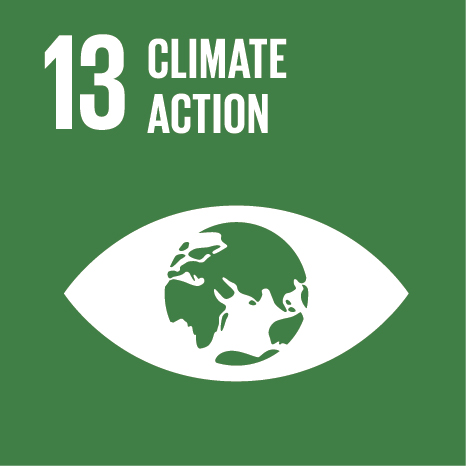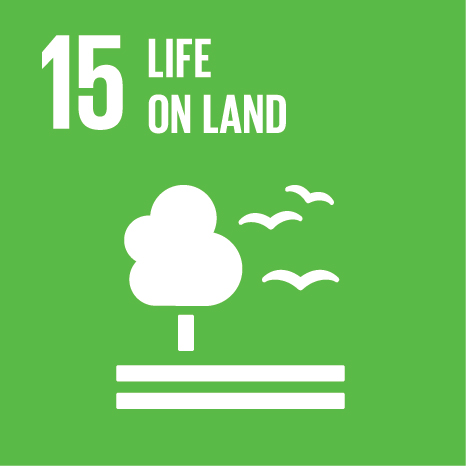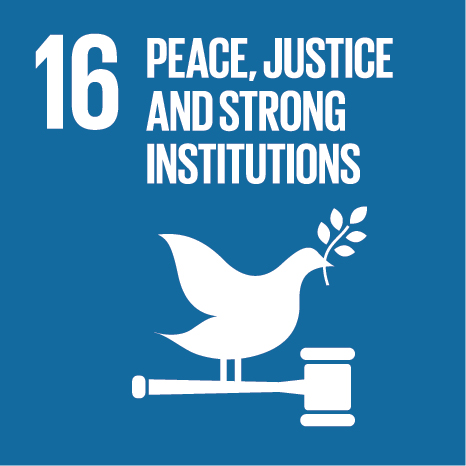 +265(0)111 624 222
+265(0)111 624 222 research@unima.ac.mw
research@unima.ac.mw Chirunga-Zomba, Malawi
Chirunga-Zomba, Malawi
God and biodiversity in Malawi: an environmental reading of Genesis 1
Abstract
Malawi’s environmental and biodiversity status represents a pressing concern. Persistent deforestation, poaching, and overfishing rapidly deplete the country’s natural resources. Although there are laws governing environmental management and public use, individuals and communities living near natural reserves behave as if unaware of or indifferent to the existence of such laws. The frequent clashes between environmental law enforcers and the communities around natural spaces demonstrate the extent of the stalemate in environmental and biodiversity management in Malawi. In a nation with a growing population and economic hardships, the unsustainable use of the environment perpetuates a cycle of poverty. While various public and NGO stakeholders are actively working to address these challenges, the absence of a religious element in Malawi’s environmental discourse represents a missing link. In a predominantly religious nation, the lack of a theological environmental discourse represents a weak link in the environmental advocacy. This paper argues that leveraging the significance of the Bible in shaping public perception and attitudes in Malawi could significantly complement the current environmental advocacy in the country. The paper proposes that the creation story in Genesis 1 provides a starting point for initiating meaningful conversations about the relationship between the Christian faith and environmental concerns. Through this analysis, the paper contributes to the emerging themes on the relationship between religion, sustainable development, biodiversity, and climate change justice in Africa.
| Pages (from-to) | 44-67 |
| Volume | 33 |
| Issue number | 1 |
| Publication status | Published - 2025 |
UN SDGs
This research output contributes to the following United Nations (UN) Sustainable Development Goals (SDGs)




UN SDGs
This research output contributes to the following United Nations (UN) Sustainable Development Goals (SDGs)




UN SDGs
This research output contributes to the following United Nations (UN) Sustainable Development Goals (SDGs)



